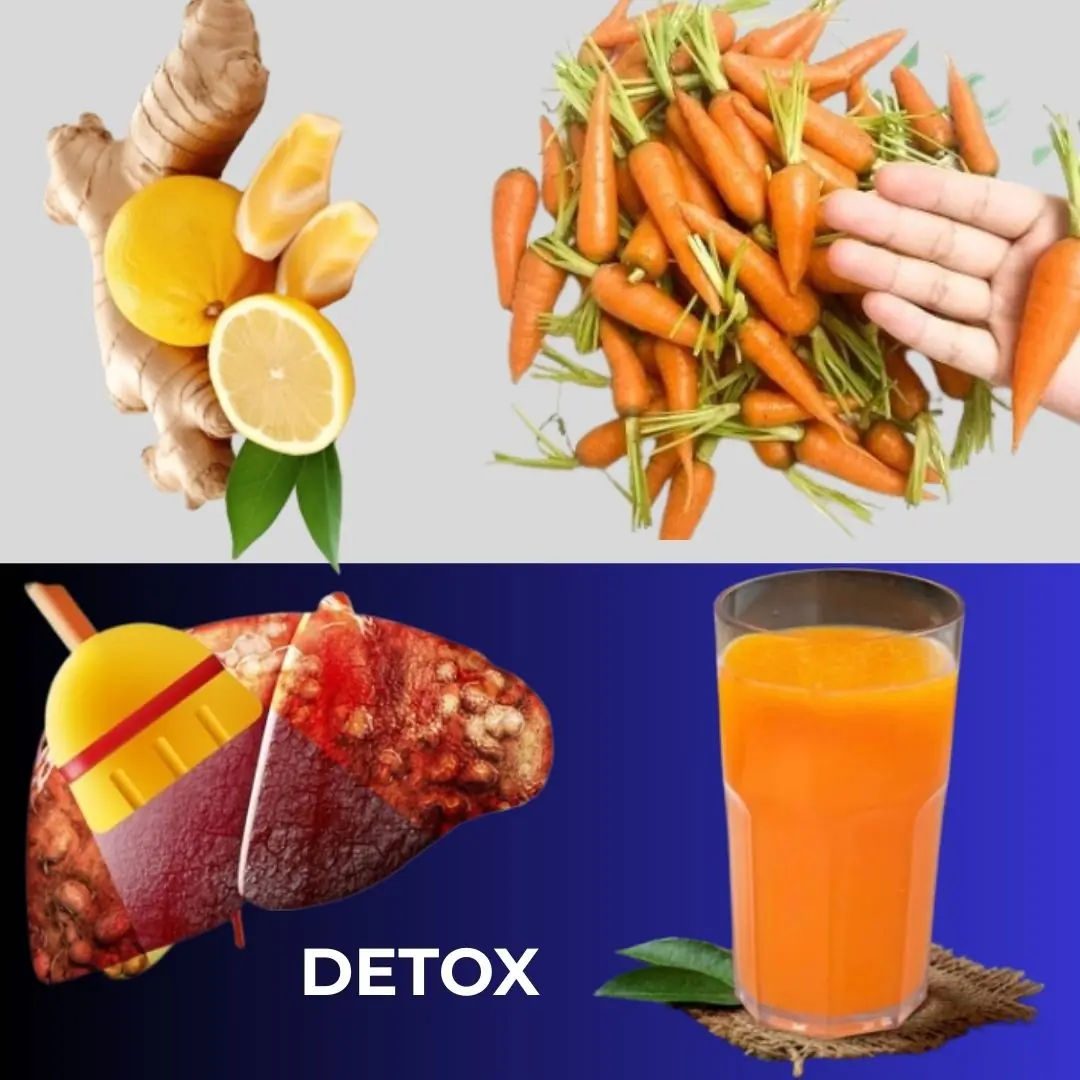
Understanding Cholesterol: The Good, the Bad, and How It Affects Your Heart
Understanding Cholesterol: The Good, the Bad, and How It Affects Your Heart
Cholesterol is often seen as a harmful substance, but the truth is, your body actually needs cholesterol to function properly. It plays a key role in building cell membranes, producing hormones, and creating vitamin D. However, when cholesterol levels in your blood become too high—especially the harmful kind—it can lead to serious health issues, including heart disease and stroke.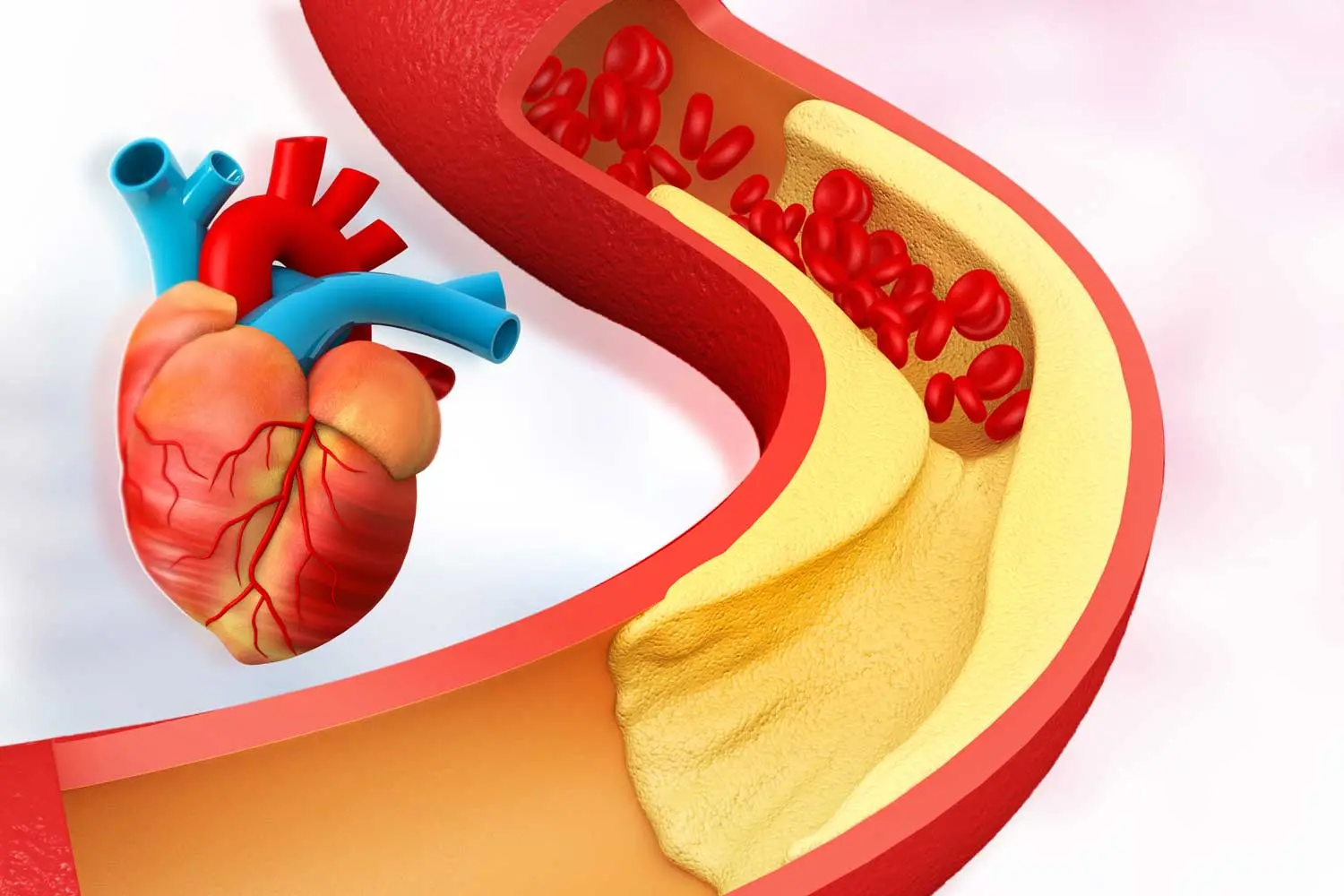
What Is Cholesterol and Why Does It Matter?
Cholesterol is a fatty, wax-like substance found in every cell of your body. It travels through the bloodstream in particles called lipoproteins, which come in two main types:
-
Low-density lipoprotein (LDL): Often referred to as "bad cholesterol", LDL carries cholesterol to your arteries.
-
High-density lipoprotein (HDL): Known as "good cholesterol", HDL helps remove excess cholesterol from your bloodstream and transports it back to the liver for processing.
The balance between LDL and HDL is crucial. While your body needs cholesterol, too much LDL and not enough HDL can lead to the buildup of plaque in your arteries—a condition called atherosclerosis.
How Cholesterol Clogs Arteries
Atherosclerosis begins when LDL cholesterol penetrates the inner walls of your arteries. This triggers inflammation and attracts white blood cells, forming fatty deposits or plaque. Over time, the plaque hardens and narrows the arteries, making it difficult for oxygen-rich blood to reach vital organs like your heart and brain.
This restricted blood flow increases the risk of:
-
Heart attacks: Occur when a plaque ruptures and forms a blood clot, completely blocking an artery leading to the heart.
-
Strokes: Happen when a clot blocks blood flow to the brain.
-
Peripheral artery disease: Caused by poor blood flow to the limbs.
The longer cholesterol accumulates, the more dangerous the condition becomes.
The Role of HDL – The Good Cholesterol
HDL cholesterol acts like a clean-up crew in your bloodstream. It removes excess cholesterol from the arteries and carries it back to the liver, where it can be broken down and removed from the body. Higher HDL levels are associated with a lower risk of heart disease, as HDL helps prevent the buildup of arterial plaque.
Causes of High Cholesterol
Several factors can lead to high cholesterol levels, many of which are lifestyle-related:
-
Unhealthy diet: Diets high in saturated fats, trans fats, and processed foods raise LDL levels.
-
Lack of physical activity: A sedentary lifestyle reduces HDL and increases LDL.
-
Smoking: Damages blood vessels and lowers HDL.
-
Excessive alcohol consumption: Can raise total cholesterol and blood pressure.
-
Genetics: Some people inherit a condition called familial hypercholesterolemia, which causes very high cholesterol levels at an early age.
How to Lower Cholesterol Naturally
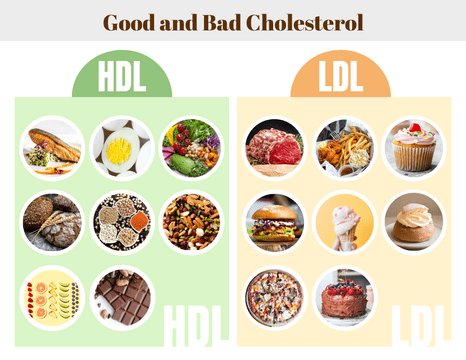
The good news is, there are effective ways to manage cholesterol and reduce your risk of heart disease:
-
Eat a heart-healthy diet: Focus on fruits, vegetables, whole grains, lean proteins, and healthy fats like those found in nuts, seeds, and fish.
-
Exercise regularly: Aim for at least 150 minutes of moderate activity each week to boost HDL and lower LDL.
-
Quit smoking: Improves HDL levels and heart health almost immediately.
-
Limit alcohol: Moderate consumption is key—no more than one drink per day for women and two for men.
-
Take medications if prescribed: Statins and other cholesterol-lowering drugs may be necessary for people at high risk.
Final Thoughts
Cholesterol isn’t the enemy—but too much of the wrong kind is. Keeping your LDL in check and raising your HDL through a healthy lifestyle can help you protect your arteries, reduce inflammation, and prevent life-threatening conditions like heart attacks and strokes.
Understanding how cholesterol works is the first step toward better heart health. By making small, consistent changes to your diet and lifestyle, you can take control of your cholesterol and support your overall well-being.
News in the same category

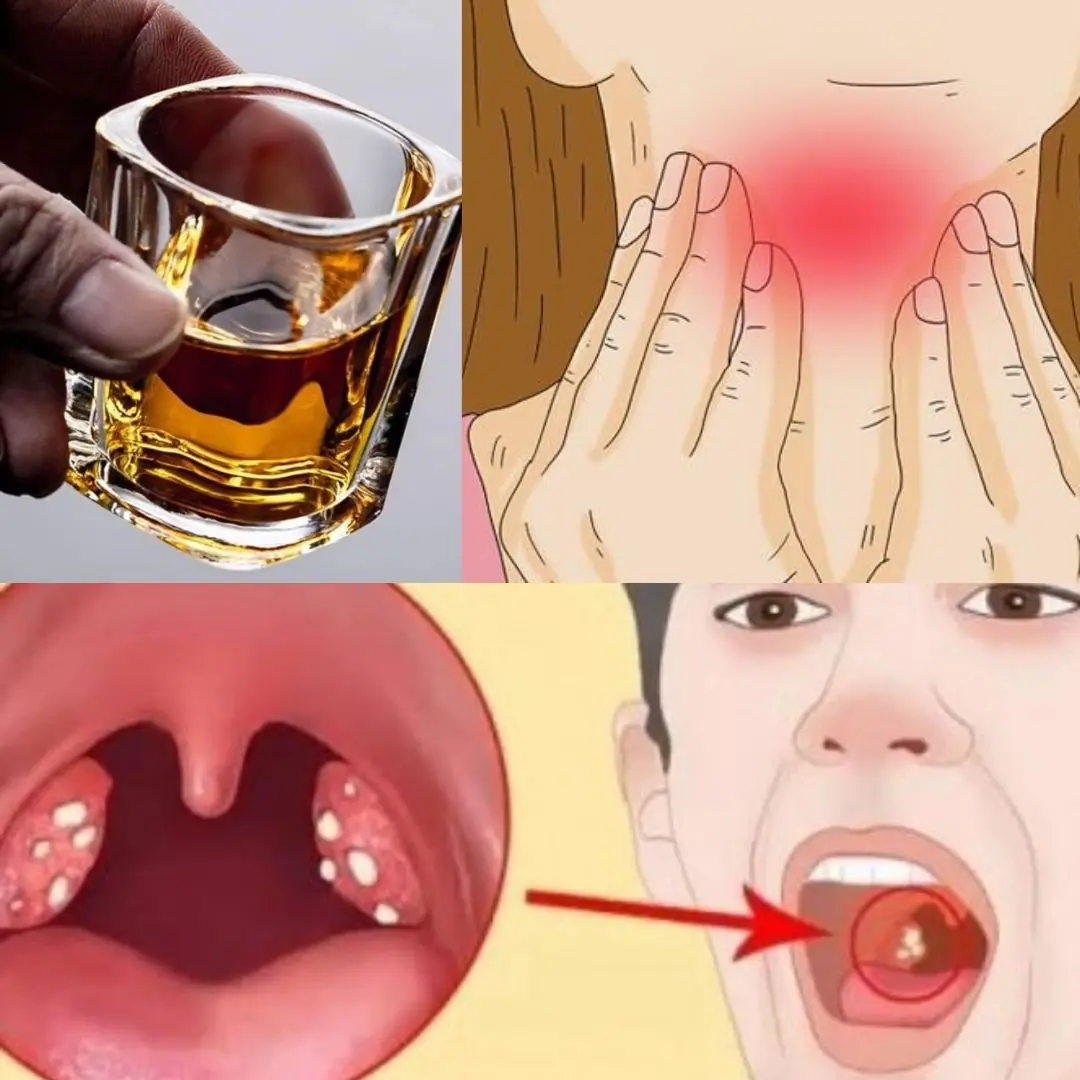
🧄🌿 Kills Sore Throat and Inflammation – Cloves: Nature’s Antibiotic!

Crockpot Chicken and Noodles

🌟 Homemade Caramel Frappuccino 🥤: A Sweet, Creamy Coffee Treat You Can Make at Home!

The Best Pound Cake Ever: A Symphony of Flavors 🎂

Crispy Breaded Mushrooms: A Golden, Crunchy Delight
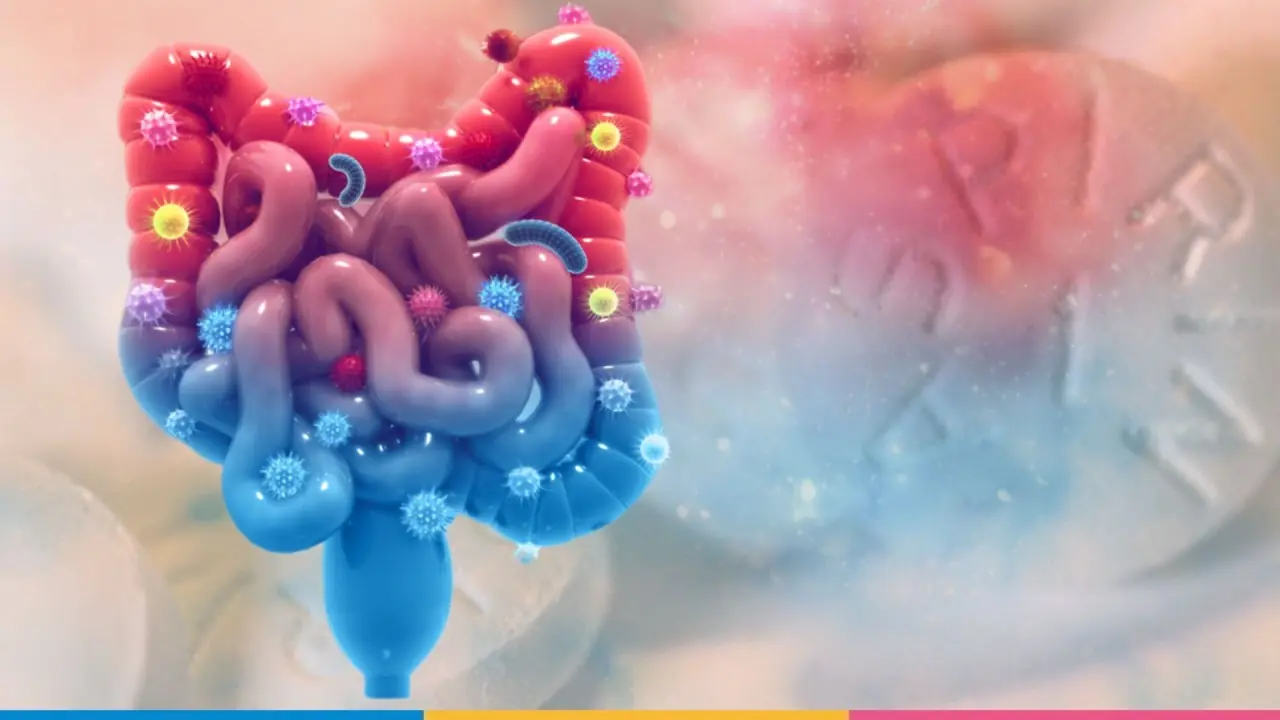
Low Vitamin D and Colorectal Cancer: What You Need to Know to Stay Protected
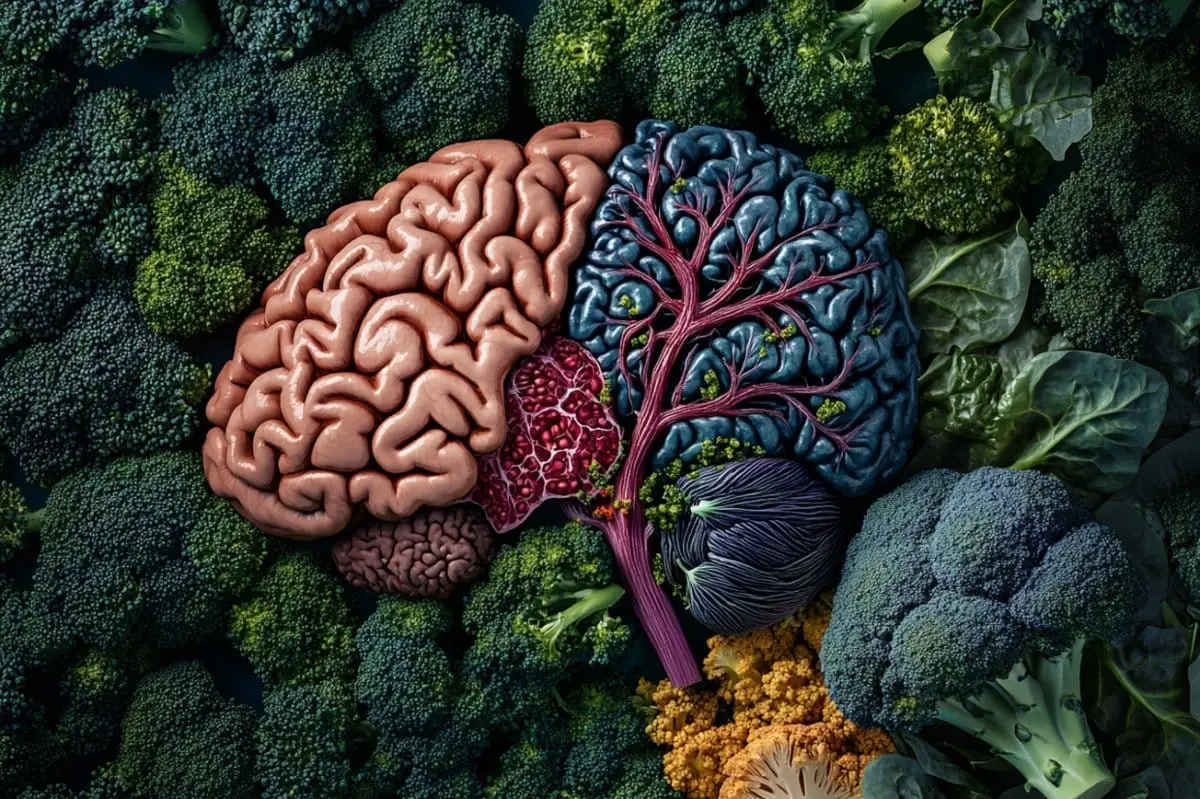
The Surprising Link Between Vitamin K and Brain Health: What New Research Reveals

Oatmeal and Guava: A Natural Remedy for Leg Cramps, Diabetes, and High Blood Pressure
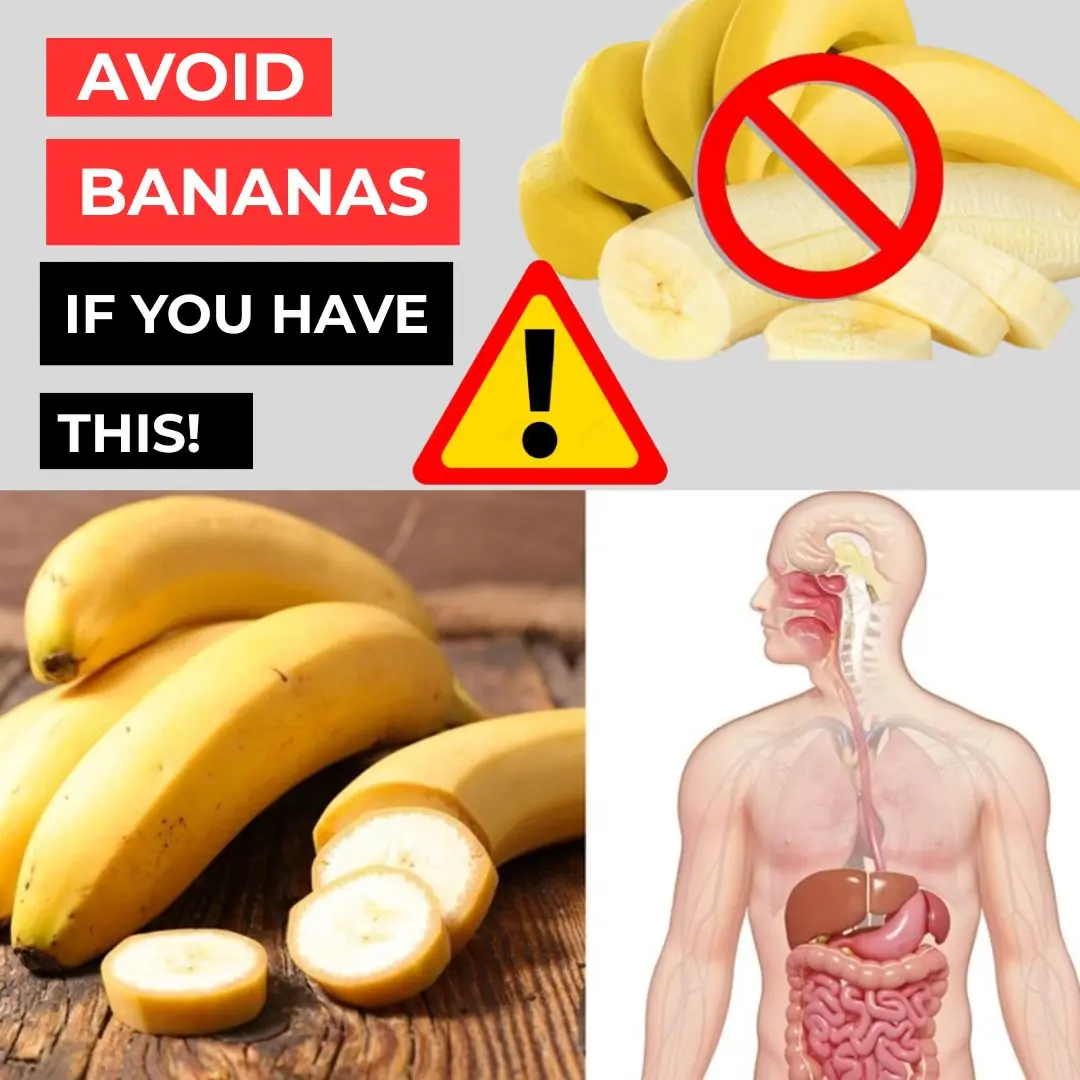
AVOID Bananas If You Suffer From These 5 Health Problems!

Doctors reveal how many times you should be able to swallow in 30 seconds to be 'healthy' and the results are shocking

Crockpot Sausage and Potatoes

A New Type of Drink Found to Help 'Push Back' Cancer: It’s Not Tea or Coffee

Not So Impossible Cheeseburger Pie

35-Year-Old Man’s Sore Throat Turned into Cancer After 5 Chemotherapy Sessions—Doctor Urges: Throw These 2 Things Out of Your Fridge

Eight Early Symptoms Found in 23% of Cancer Patients: Warning Signs That Should Not Be Ignored

Doctors forced to apologize after 32-year-old woman given hysterectomy to treat 'tumor on her ovary' but biopsy showed no signs of cancer
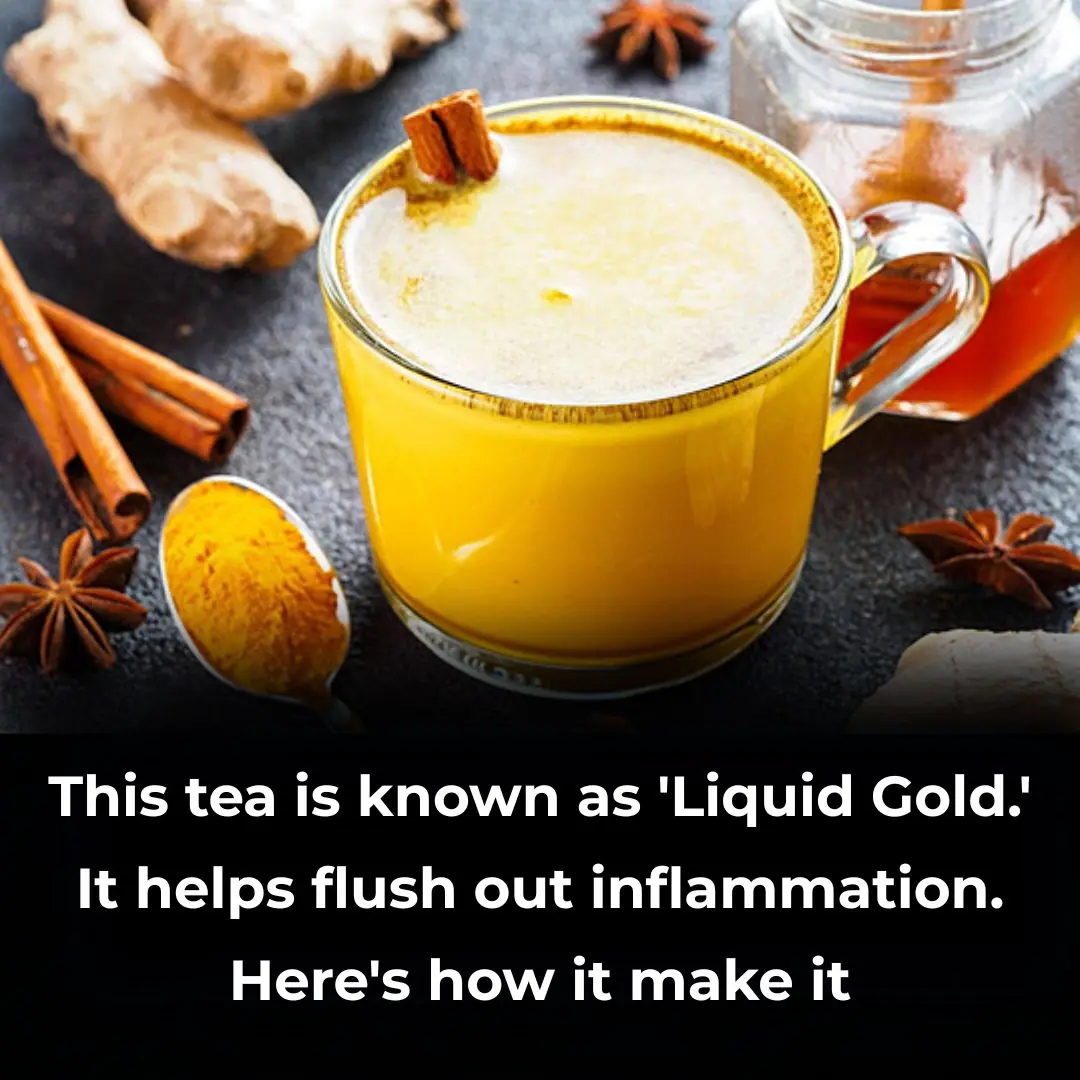
Liquid Gold Tea: A Natural Remedy for Inflammation

Caramel Apple Fudge
News Post

She Couldn’t Walk and Now Runs Like a Teenager!

🧄🌿 Kills Sore Throat and Inflammation – Cloves: Nature’s Antibiotic!

Crockpot Chicken and Noodles

🌟 Homemade Caramel Frappuccino 🥤: A Sweet, Creamy Coffee Treat You Can Make at Home!

Don’t Eat Avocado Until You Know These 9 Things
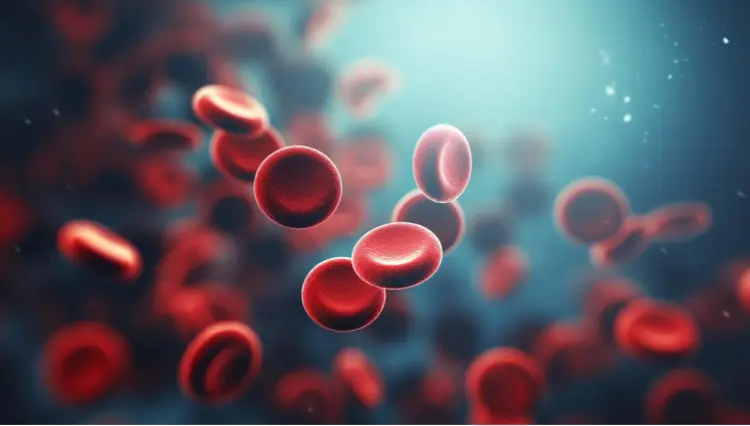
Attention, Parents! You May Want To Save Your Children’s Baby Teeth
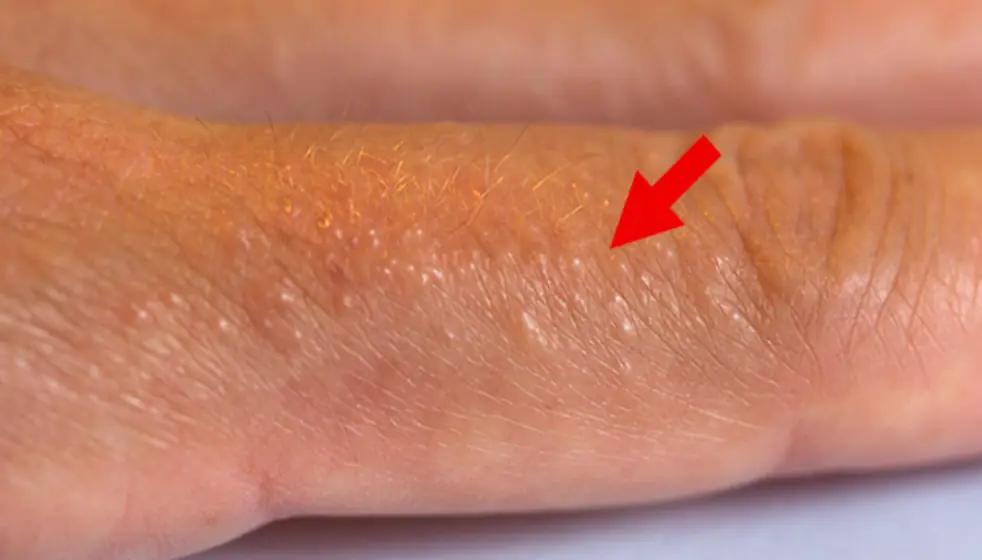
If You See These Painful Red Bumps, You May Have Dyshidrotic Eczema

10 of The Worst Foods For Arthritis

The Best Pound Cake Ever: A Symphony of Flavors 🎂

Crispy Breaded Mushrooms: A Golden, Crunchy Delight

Low Vitamin D and Colorectal Cancer: What You Need to Know to Stay Protected

The Surprising Link Between Vitamin K and Brain Health: What New Research Reveals

Creamy Strawberry Shortcake Dip

Homemade Vanilla Dessert Cream

Oatmeal and Guava: A Natural Remedy for Leg Cramps, Diabetes, and High Blood Pressure

AVOID Bananas If You Suffer From These 5 Health Problems!

My Greedy In-Laws Tried to Get Rid of Our Sick Mom, but She Brilliantly Taught Them a Lesson

I Got Back from a Work Trip and Found My House Completely Empty
